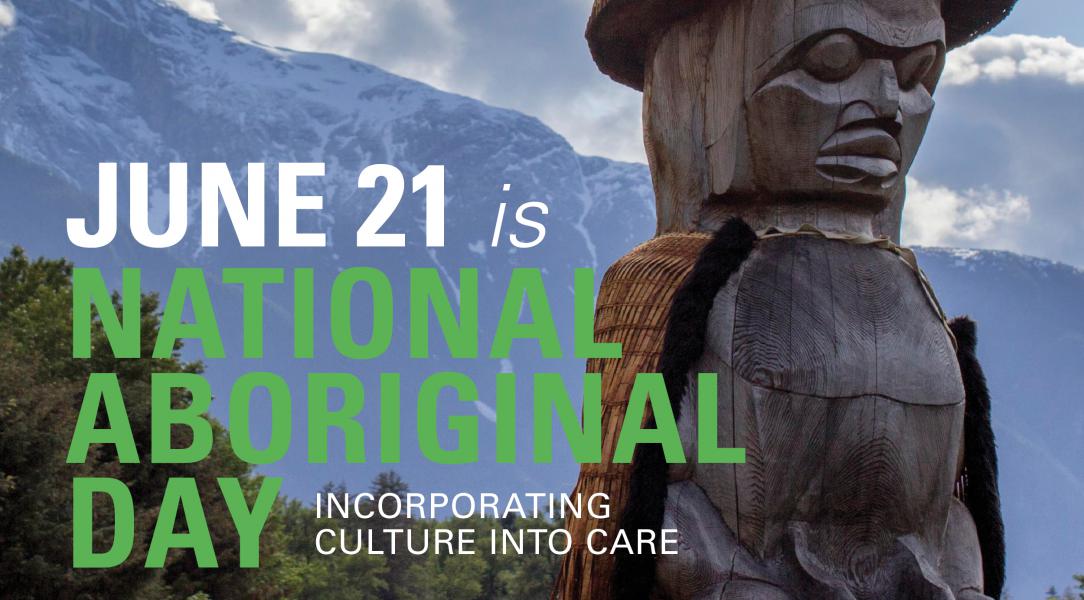
Incorporating Culture into Care: Understanding First Nations Trauma Promotes Better Mental Health Care
National Aboriginal Day, June 21, is an opportunity to celebrate the heritage, diverse cultures and outstanding achievements of First Nations, Inuit and Métis people of Canada.
However, learning about Aboriginal culture and history reveals the painful details of the intergenerational trauma widely experienced by Canada’s Aboriginal peoples. A greater understanding of this history, especially for those caring for Aboriginal people, can help provide more compassionate and culturally sensitive health care every day of the year.
Studies show Aboriginal youth in Canada face a unique set of mental health challenges, including higher rates of mental health issues, self-harm and suicide.That’s why many Local ActionTeams of the Child and Youth Mental Health and Substance Use Collaborative (a partnership of Doctors of BC and the BC government), embraced activities in their communities to increase cultural sensitivity and awareness about the ongoing harm of colonization.
In fact, one of the eight key objectives of the CYMHSU Collaborative was to promote culturally-competent care in local communities. This specifically included promoting the uptake of the Sany’as Indigenous Cultural Safety (ICS) training, an online interactive program offered by the Provincial Health Services Authority. The training is designed to increase knowledge, enhance self-awareness, and strengthen the skills of those who work with Indigenous people, and takes about eight hours over eight weeks to complete. Since 2013, five Local Action Teams have sponsored members to take it.
“It profoundly moved me and changed me, not only as an individual but also as a professional — it changed the way I practice,” said Dr. Marie Hay, a Prince George pediatrician who estimates that 50% of her young clients are First Nations. Hay encouraged 29 members of her Prince George Local Action Team, under the Collaborative, to take the training.
The Blanket Exercise is another activity, successfully used by four Local ActionTeams on Vancouver Island, to increase cultural understanding and create a shared path to mental health care for children and youth.
This moving and informative three-hour exercise, created by the multi-denominational organization KAIROS, recreates the last 200 years of Aboriginal experience using blankets as land. Participants bring their own blankets to stand on and experience Canadian history from the perspective of First Nations: blankets are taken away, others are forced off their blankets, still others are told they have died of malnutrition and disease. At its conclusion, with facilitation by First Nations representatives, people share how they felt as the activity unfolded.
“It was such a powerful, emotional experience. Many of us were in tears at the end. It inspired so much compassion and understanding for the generation of trauma that still impact First Nations, said Jenn Harrison, of the Sooke/West Shore Local ActionTeam.
Where to find them:
You can learn more about these two activities in the Collaborative’s Legacy Magazine and online Collaborative Toolbox. Both items feature tools and resources that were used or developed by the CYMHSU Collaborative since 2013, and are available to Local Action Teams, physicians, school personnel, youth and families, and other community partners to support the mental wellbeing of children and youth now and into the future.
